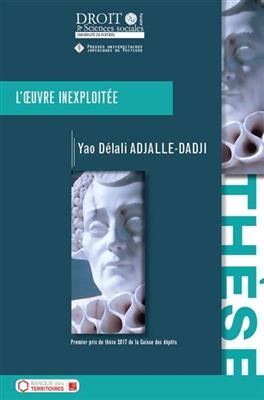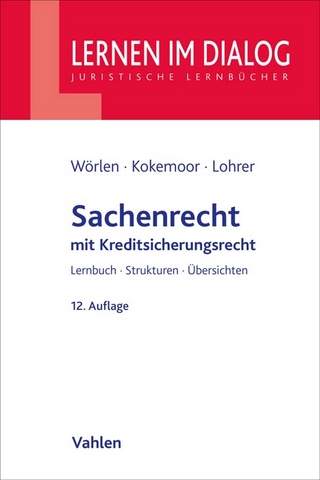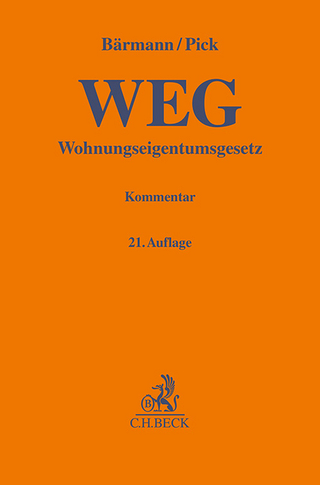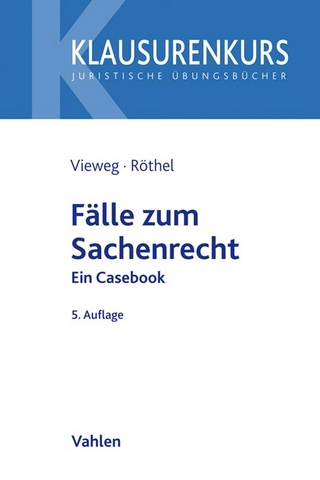
L OUVRE INEXPLOITEE
UNIVERSITE DE POITIERS (Verlag)
979-10-90426-93-1 (ISBN)
- Titel nicht im Sortiment
- Artikel merken
L'Oeuvre inexploitée
L'étude de « l'oeuvre inexploitée » revient à mettre en exergue d'innombrables situations dans lesquelles une oeuvre bien qu'ayant rempli la condition de protégeabilité inhérente au droit d'auteur reste inexploitée. L'inexploitation d'une oeuvre de l'esprit peut potentiellement recouvrir deux situations distinctes. La première situation renvoie à l'hypothèse selon laquelle l'oeuvre n'est pas exploitée. Autrement dit, l'oeuvre - bien que créée et bénéficiant de la protection du droit d'auteur - n'a jamais fait l'objet d'exploitation. Ici, il s'agit d'une inexploitation totale de l'oeuvre. La seconde situation renvoie à celle selon laquelle l'oeuvre n'est plus exploitée. En d'autres termes, l'oeuvre - créée et protégée - a fait l'objet d'une exploitation mais celle-ci aurait été arrêtée, suspendue ou interrompue. On retrouve ces cas de figure aussi bien en droit d'auteur classique qu'en droit des nouvelles technologies. Face à cette situation, plusieurs questions peuvent retenir notre attention : que deviennent les droits d'auteur suite à l'inexploitation de l'oeuvre ? Le cessionnaire conserve-t-il les droits d'exploitation malgré l'absence d'exploitation de l'oeuvre ? Suivant quelles modalités les droits d'exploitation pourraient-ils être restitués à l'auteur ? Ainsi, il nous a paru nécessaire d'envisager les différents traitements susceptibles d'être appliqués aux situations d'inexploitation. Permettre à ces différents acteurs d'atteindre leurs objectifs tout en facilitant la diffusion de l'oeuvre. À cet effet, plusieurs solutions de « sortie de l'inexploitation » peuvent être retenues. Ces solutions sont d'origine jurisprudentielle, légale ou contractuelle.
To study the « unexploited work » is to highlight the innumerable situations in which a work, even though it satisfies the copyright protection requirement which is inherent in the copyright, remains unexploited. The unexploitation of an intellectual work could possibly lead to two distinct situations. The first situation is that of the hypothesis in which the work is not exploited. Put in other words, the work - although it is created and protected by copyright - has never been exploited. Here, it is a situation of complete unexploitation of the work. The second situation is that of the hypothesis in which the work is no longer exploited. Put in other words, the work - created and protected - has been exploited but its exploitation has been stopped, suspended or interrupted. This is the case with both the classical copyright as well as the law of new technologies. Faced with such a situation, our attention is drawn upon several questions : what becomes of the copyright following the unexploitation of the work ? Does the assignee retain the exploitation rights in spite of the unexploitation of the work ? Under what terms and conditions the exploitation rights might be returned to the author ? Therefore, it seems to us necessary to consider the different remedies likely to be applied to unexploitation situations in order to enable the different participants to achieve their goals while facilitating the circulation of the work. To this end, various solutions of « unexploitation recovery » can be adopted. These solutions can be either case law-based, legislation-based or contract-based.
| Erscheinungsdatum | 04.08.2022 |
|---|---|
| Sprache | französisch |
| Maße | 160 x 240 mm |
| Einbandart | Paperback |
| Themenwelt | Recht / Steuern ► Privatrecht / Bürgerliches Recht ► Sachenrecht |
| Schlagworte | Collection de la Faculté de droit et des sciences sociales de Poitiers, Thèse |
| ISBN-13 | 979-10-90426-93-1 / 9791090426931 |
| Zustand | Neuware |
| Haben Sie eine Frage zum Produkt? |
aus dem Bereich


